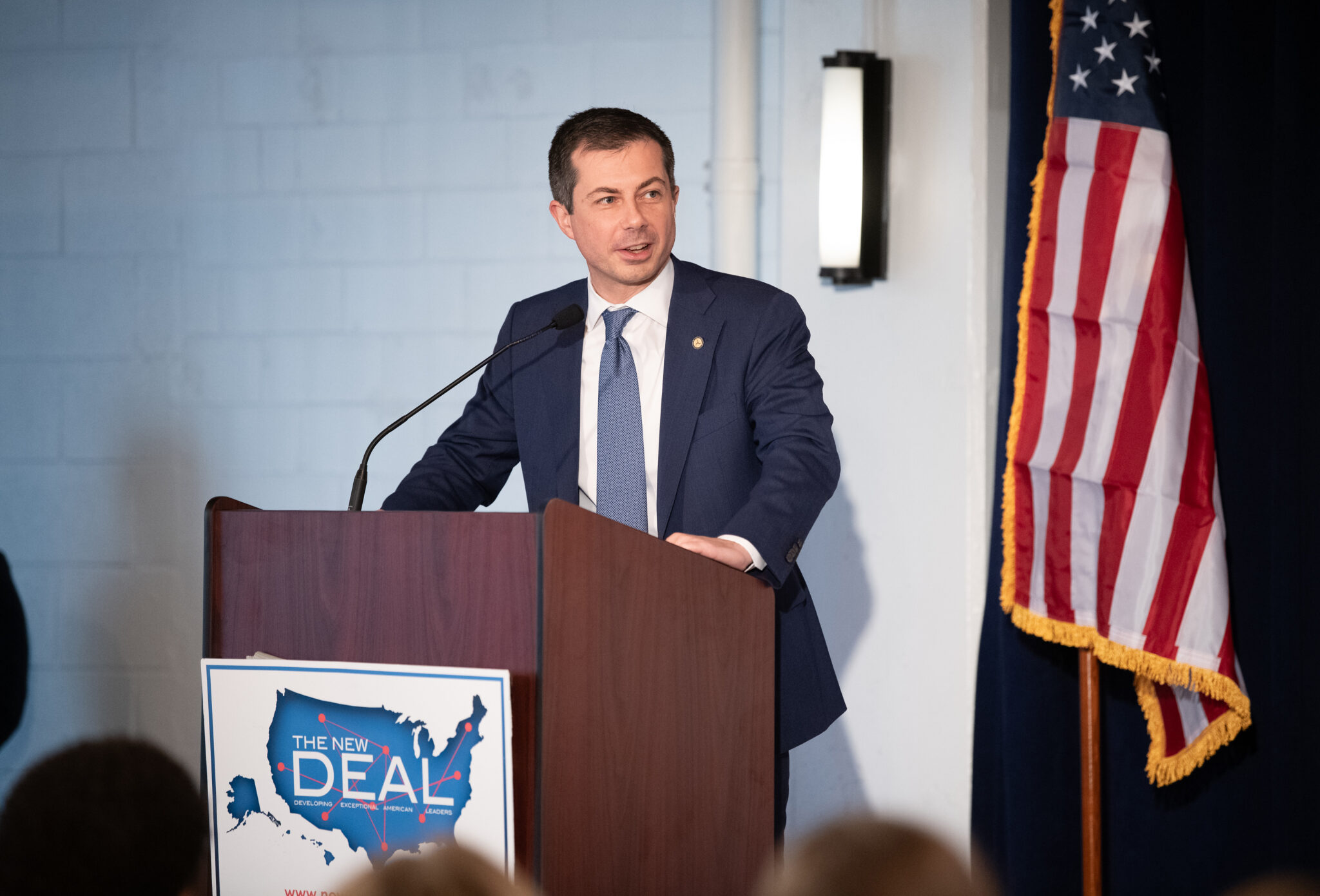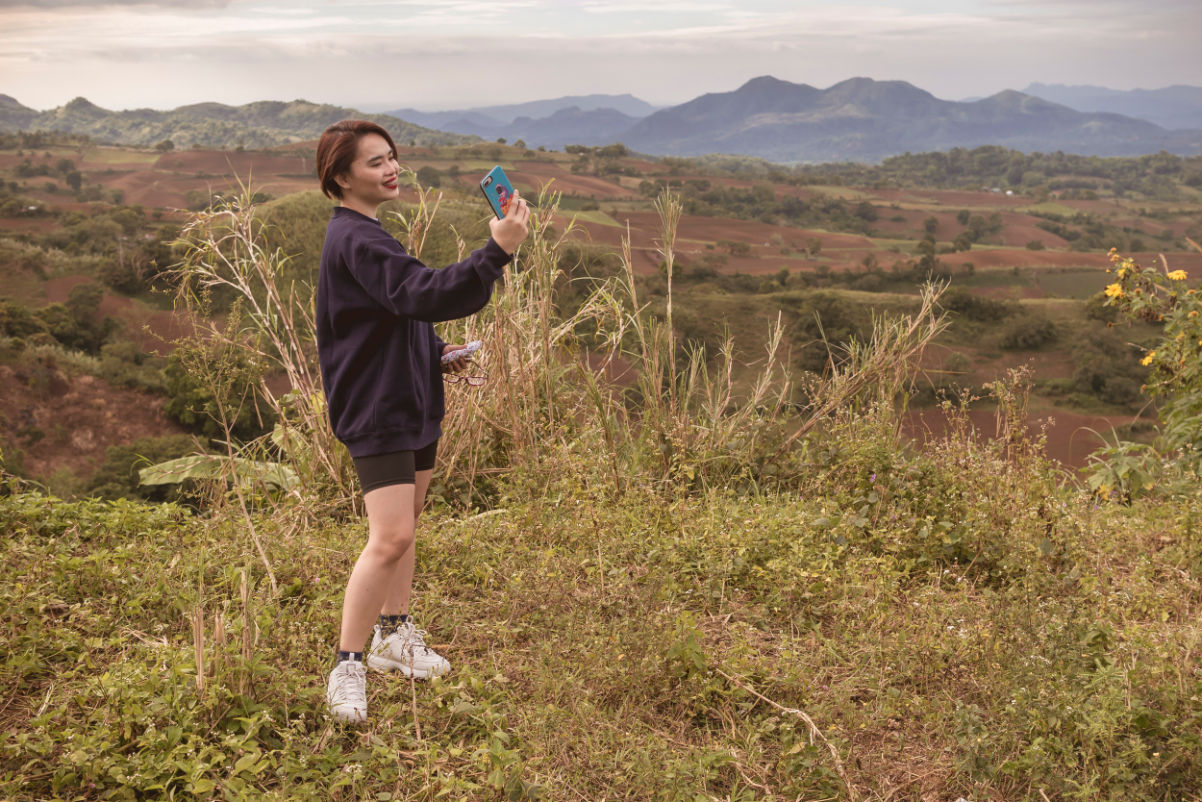The 10 Smartest and Worst Travel Startup Names of 2014

Skift Take
This year saw a stream of peer-to-peer travel startups make their way onto travelers’ smartphones and computer screens, all vying to become the next “Uber of this” or “Airbnb of that.”
For an early-stage startup, one of the most important elements of the business is the name. Travelers have no concept of what service you plan to offer or what kind of pain you hope to soothe when you launch your company, and investors are unsure whether to support you if you’ve never worked with them. Both groups look to the name first to answer their questions.
A startup’s name makes first impressions a victory or an defeat difficult to recover from. The travel industry is one where excitement and imagination should permeate throughout a company’s entire fabric and make travelers feel comfortable placing their vacations or transportation in its hands.
The travel startup names we reviewed for 2014 were both eye-catching and disappointing, and Skift put together a list of five startups with the smartest names and five with the worst from Angel List this year. We also have an Honorable Mentions list, with startups having names somewhere between “smart” and “ineffective.”
Note: These lists are based solely on the names of the startups, and their placement on a list is unrelated to the quality of their overall missions or how successful they have been — or will be. Here are the lists:
THE SMARTEST
SkiftTake: Mimento seems to be a play on the word memento, or a souvenir, which is a word travelers use regularly before, during and after a trip. The name makes sense, especially for a startup that’s intent on letting users send keepsake photos and images. The word elicits travel in every sense and has a very positive connotation, which is why this is one of the smartest names of 2014.
SkiftTake: SmartStay has “smart” in the name, so of course it makes the list. The name makes travelers feel choosing SmartStay to do business with is a smart idea, and few people don’t like the idea of feeling smarter. Plus, there’s a catchy alliteration going on.
SkiftTake: A quest invokes excitement and anticipation, and gets to the heart of what travel is. Quester is a clever move and name.
SkiftTake: Tripstr rolls off the tongue, which is important to get more people talking about it since word-of-mouth advertising is crucial to early-stage startups.
SkiftTake: Stray Boots sounds new and different, and will likely appeal to millennials who look for new, off-the-beaten track experiences running perpendicular to what other generations of tourists are doing.
THE WORST
SkiftTake: It’s unclear if TripCribs refers to the rapper meaning of the word “cribs,” or if cribs refers to something about babies or small children. Confusion makes it easy for undecided travelers to walk, or click, away.
SkiftTake: Need we say more about FishPrep? This doesn’t sound like a travel startup, and even sounds messy.
SkiftTake: It’s completely unclear what Glistrr offers from the name alone. If Glistrr means “to glisten,” they should have went more with that.
SkiftTake: Trevolta makes us think of the actor, John Travolta. Regardless of what a traveler’s opinion is of the actor, he will likely be at the forefront when consumers hear the name.
SkiftTake: Instagram automatically comes to mind with Dronestagram (as do potential lawsuits about trademark infringement), so the company positions itself as being on the same caliber as the popular social network. Drones also aren’t understood by all travelers yet, which could cause some confusion.
HONORABLE MENTIONS
SkiftTake: A passable name, but adding something to it about what kind of passengers, such as plane, train, drive, etc., would make the name more understandable.
SkiftTake: Very succinct and to the point but what point exactly? Giving some specificity as to what kind of travel is being planned would help.
SkiftTake: Sounds smart, and seems to combine “hints” and “instant,” but unclear what it offers.
SkiftTake: Sounds adventurous, which is what many travelers look for, but a scapegoat generally isn’t a good thing, so that could turn-off some travelers.




